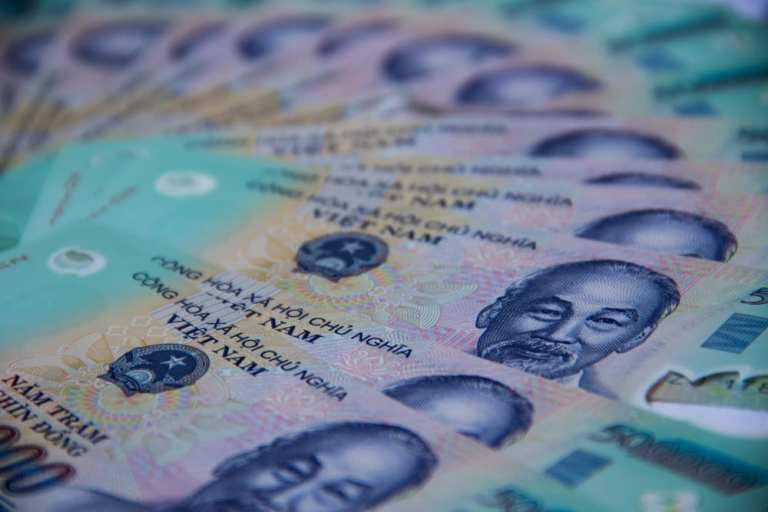Vietnam Looks To Drop Foreign Ownership Cap For Payment Cos

The State Bank of Vietnam (SBV) has proposed the removal of the 49 percent foreign ownership limit on payment intermediary businesses, according to reports this week.
SBV said it won’t be including the 49 percent limit on its proposal to the prime minister later this year. An earlier proposal, which still included the ownership limit, was framed as a way to protect money and fix safeguards, the bank said.
In its latest announcement, though, the bank said it will be foregoing the limit because of the impact foreign funding plays on developing business. Payment intermediary is a new service tapping tech advancement, and some businesses have overseas investments that exceed the 49 percent ownership limit, so the regulations proposed would only hamper their business aspirations.
Digital payment companies and other stakeholders in the ecosystem had opposed the 49 percent limit, which they said was detrimental to the idea of open financial systems.
Thanh Son Dang, a partner at Baker & McKenzie, said the removal of the ownership limit would send a message that Vietnam is an open and lucrative market for foreign investments. He said the local markets could also use the increased advice and mentorship from advanced markets.
Nghiem Thanh Son, deputy director general of SBV’s payment division, said the five leading players in Vietnam were about 30 percent to 90 percent owned by foreign investors. Those leading players account for 90 percent of the eWallet share in the country.
If the limit remains, Baker & McKenzie’s Dang said, existing investors in many companies will have to reduce their stakes. He added that it would send doubts as to the stability of policies put forth by SBV.
Foreign companies lay claim to 60 percent of eWallet MoMo, according to documents, including Warburg Pincus, Standard Chartered Private Equity and Goldman Sachs. China’s Ant Financial bought stake last year in Vietnamese eWallet startup eMonkey, which could give it “significant influence” over the company.